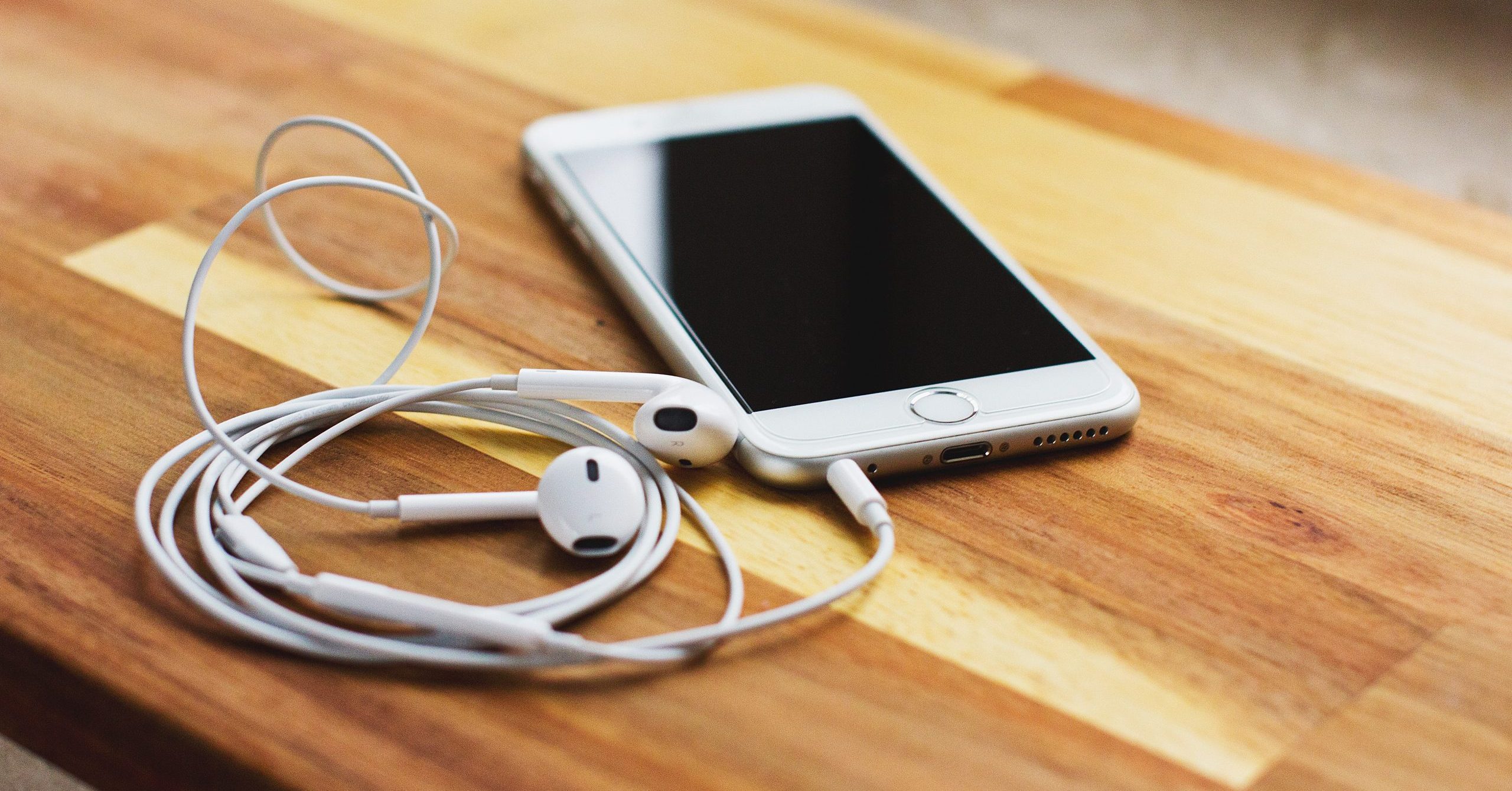Music Recovery—The Power of Music to Heal

It is said that time heals all wounds, but what about music?
For 19-year-old James Gordon, music might just save his life.

“Music can change the world because it can change people.” Bono
James, a Massachusetts high school senior and drummer, turned to music in high school after struggling for years with a learning disability and bi-polar disorder. Historically, he had never been a great student. With a career in music production as his aspiration, however, he was making strides forward and was even in line for a $12,000 scholarship.
On May 13, 2015, James was on his moped headed for a summer job interview. It was just three weeks before graduation. He wasn’t speeding nor driving dangerously. The driver of a Jeep made a turn and just didn’t see him.
After crashing head first through the Jeep’s window, James was rushed to the emergency room with injuries that included a jaw broken in two places, blindness in one eye and life-threatening brain trauma.
It was touch-and-go for several days in intensive care at Boston’s Beth Israel Hospital. The medical team managed to save his eye, but complications from the accident caused a stroke that led to paralysis on the right side of the boy’s body. Doctors eventually put him into a medically induced coma to help his brain and body mend.
“I lived there at the hospital every day. I watched him go blind and stroke out,” said his mother, Thecla. “I put my head on his chest to hear his heartbeat because I didn’t know what would really happen.”
When James awakened, his reading level had plummeted from an 11th grade level down to 2nd grade. His speech was similarly affected and he couldn’t move his right arm or leg. The doctors told the boy’s family that he would never walk again.
Recovery
The doctors were wrong about James, a fighter with a will to get back to normal. After three months of intense treatment, he was able to walk out of the hospital with a cane and return home.
“James has a lot of work ahead but this is magnificent,” his mother said. “We have our James at home!”
Today, James is still recovering. In hopes that listening to the music he once created may help to give the teenager back more of his life, doctors have encouraged James to reacquaint himself with his recordings as part of his therapy.
Unfortunately, the computer that held all of James music files crashed while he was in the hospital.
“It was just so important to me to help him get this music because it was just like a learning tool for his brain,” James’ mother said about her choice to bring the crashed drive to DriveSavers for data recovery. “[The doctors] said the brain will heal itself, especially when it hears familiar things. His computer recovery is vital to his brain recovery because he has five years of creative music, much of which he created digitally on the computer.”
The drive was seriously damaged, but DriveSavers engineers were able to make a complete recovery and return all of the lost files to the family, including those that James is using today in his music therapy.
Struggles Ahead and What You Can Do
James, who still wants to go to college and prepare for a professional career in music production, needs lots of help: extensive occupational, physical, speech and language therapy for at least the next six months—and probably longer. The costs are high and insurance isn’t covering much.
Friends have set up a fund to help pay for continuing treatment, and they could really use some help. Click here for details about how to contribute.


